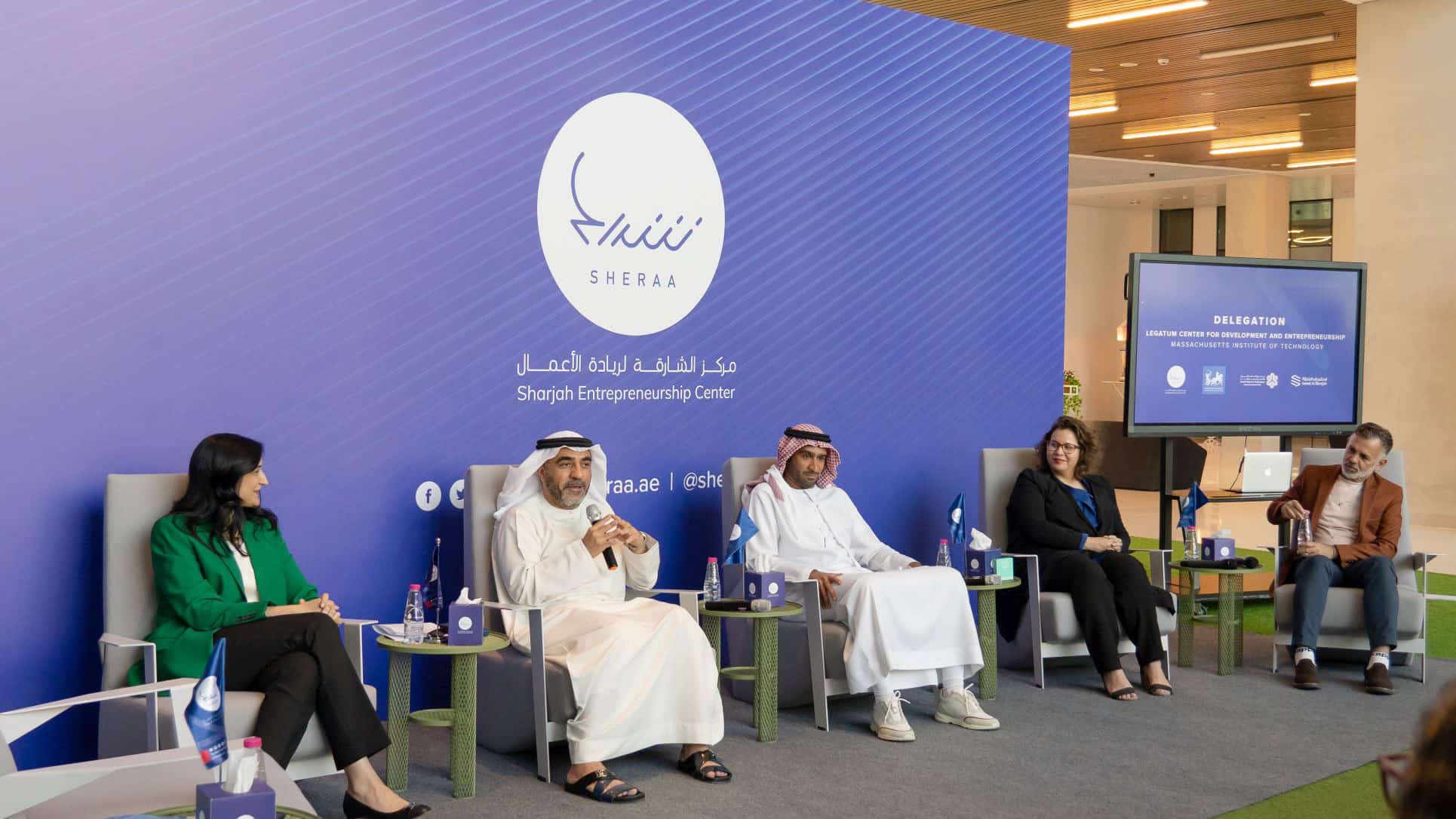DUBAI, UAE — Despite challenges, startups in the MENA region are showing significant progress, a latest report pointed out.
March 2023 saw 67 deals totaling US$ 247 million in funding for startups in the Middle East and North Africa, representing a decrease of 67 percent month-over-month and 17 percent year-over-year, according to Wamda’s March report.
By the end of March, the total capital raised by startups in the first quarter of the year surpassed US$ 1.1 billion, an increase of 17 percent from the previous quarter, it added.
In November, 20 deals totaling US$ 175 million were made in the region, with Saudi Arabia being the top destination for startup financing.
The majority of the month’s total financing value of US$ 300 million came from Goldman Sachs’s debt financing of US$ 150 million for acquiring the startup Tamara, a buy now, pay later platform.
The UAE ranked a distant second, raising US$ 59 million across 18 deals. Notable deals from the UAE included Qlub’s US$ 25 million seed round and COFE’s US$ 15 million implementation round led by the Fund.

Wa’ed Ventures and Almentor’s US$ 10 million Series C pre-seed financing put them in third, fourth, and fifth place, followed by Bahrain, Kuwait, and Morocco, respectively.
The report noted that investors are understandably cautious during a company’s later funding stages. However, last month saw few significant agreements reach their final funding stages. Instead, investors were remarkably active in the earliest financing phases and closed most deals. Additionally, government grant funding has increased dramatically over the past month.
In March, the financial technology industry once again emerged as the most attractive to investors, receiving 73 percent of venture capital activity.
The food technology industry ($19 million) and the education technology industry (US$ 14 million) followed, together collecting 86 percent of the total funding in March.
Startups invested in various industries, including real estate technology, construction, e-commerce, Web 3.0, travel technology, agricultural technology, and logistics.
A staggering US$ 244.5 million, or 98.8 percent of the amount raised, went to enterprises led by men. The remaining US$ 1.2 million went to businesses started by women or men working together, according to Wamda’s March report. “Although we estimated approximately US$ 1 million for the first four companies and $100,000 for the last three, all eight startups (Almatar, Vuz, Nuqtah, Telfaz Studio, Amplifidor, Horizon X, Yeji (Ygii), and neutrality.one) declined to disclose the financial details of their deals last month,” it said.








